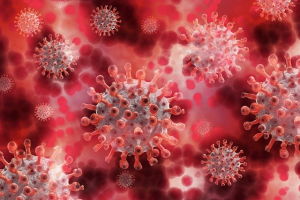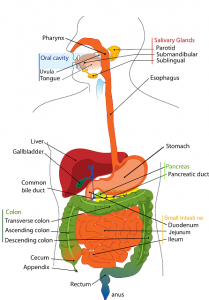Sufficient selenium status is necessary for good thyroid health.

They analyzed the data from 17 journal articles based on studies of 1,911 subjects. Their meta-analysis results showed the following statistically significant associations:
- Serum free triiodothyronine (FT3) levels in patients were reduced after selenium supplementation compared to placebo treatment.
- Serum free thyroxine (FT4) levels and anti-thyroid peroxidase antibody (TPOAb) levels were reduced after selenium supplementation compared to placebo treatment.
- Anti-thyroid peroxidase antibody (TPOAb) levels were decreased after selenium supplementation compared to placebo treatment.
However, the thyroid stimulating hormone (TSH) levels
and the anti-thyroglobulin antibody (TGAb) levels were not significantly different between the selenium treatment group and the control group.
The researchers concluded that selenium-containing drugs were effective in treating patients with autoimmune thyroid disease and greatly reduced
the levels of free triiodothyronine, free thyroxine, and anti-thyroid peroxidase antibody in these patients.









